Turkish Aluminium Industry and Global Trends
Bar ohne Namen
Entschlossen verweigert sich Savage, der Bar einen Namen zu geben. Stattdessen sind drei klassische Design-Symbole das Logo der Trinkstätte in Dalston: ein gelbes Quadrat, ein rotes Viereck, ein blauer Kreis. Am meisten wurmt den sympathischen Franzosen dabei, dass es kein Gelbes-Dreieck-Emoji gibt. Das erschwert auf komische Weise die Kommunikation. Der Instagram Account lautet: a_bar_with_shapes-for_a_name und anderenorts tauchen die Begriffe ‘Savage Bar’ oder eben ‚Bauhaus Bar‘ auf.
Für den BCB bringt Savage nun sein Barkonzept mit und mixt für uns mit Unterstützung von Russian Standard Vodka an der perfekten Bar dazu.
The Turkish aluminium sector has become one of the most significant aluminium production centers in the region, with a total production of 1.92 million tons of aluminium products and an export volume of $5.3 billion in 2023. The production of aluminium products, which are critical for various industries such as construction, automotive, defence, aerospace, and packaging, contributes significantly to the national economy. Approximately 7,8% increase in production over the last five years in the aluminium sector is largely driven by the rise in exports. As of January-June period in 2024, Turkey's aluminium exports amounted to 608 thousand tons and $2.5 billion.
An article by Duygu Saymen, Secretary General at TALSAD
Turkish aluminium sector is largely dependent on foreign sources for raw materials, meeting approximately 95% of its primary aluminium needs through imports. This necessitates strategic steps in cost management and supply chain planning for companies operating in the sector. In the January-June period of 2024, a total of 984 thousand tons of imports were made, 71% of which was primary aluminium, marking a 12,6% decrease compared to the same period of the previous year. Scrap/secondary aluminium imports also decreased by 5.6%, amounting to 89 thousand tons. In the first quarter of 2024, Turkey ranked 14th globally in the total export of all aluminium products and 13th in imports. Nearly 64% of Turkey’s exports of aluminium products are destined for EU countries.
Technological Transformation
Turkish aluminium sector requires significant technological transformation to align with national and international environmental goals. Strengthening efforts in energy efficiency and transitioning to decarbonization are of utmost importance for the sector. Advancing production technologies, improving process efficiency, adopting emission-reducing techniques, and enhancing access to finance will move the industry forward. These efforts will ensure the sector not only meets stringent environmental standards but also improves its competitive position in the global markets.
To enhance its competitive edge in the global market and ensure sustainable growth, Turkish aluminium sector must develop innovative solutions and strategic collaborations. This transformation is a critical step towards achieving decarbonization and emission reduction targets. However, this process necessitates substantial investment. To successfully implement technological transformation, the aluminium sector needs to modernize its existing infrastructure and invest in innovative technologies. The cost of this technological transformation is considerable, and appropriate financing mechanisms need to be developed to cover these costs. At this point, it is crucial for policymakers to collaborate with industry stakeholders and provide new financial resources.
Additionally, prompt and effective actions must be taken to implement large-scale investment plans. Incentive measures that providing public subsidies, facilitating renewable energy investments, and mobilizing private capital will support the adoption and dissemination of low-emission technologies. This collaborative approach will help ensure the successful technological transformation of Turkey's aluminium industry, aligning it with global environmental standards and enhancing its competitive edge in the market. By focusing on these areas, Turkish aluminium industry can continue to grow sustainably while contributing to global environmental goals.
About TALSAD
The Turkish Aluminium Industrialists Association (TALSAD) established on March 15, 1971 by leading Turkish aluminium industrialists to help and guide growth of national aluminium industry. TALSAD works for sustainable growth and development of the aluminium industry in local and regional markets, development and implementation of new and advanced technologies, implementation of good practices in health, safety and environment and works to develop strong local and international partnerships. TALSAD now represents 77 aluminium manufacturing and processing member companies as one of the oldest industry organizations in Turkey and confidently promotes the Turkish aluminium industry to the global markets.
Turkish Aluminium Industry has been spread over a wide range of segments and industrial sectors including extrusion, rolling, casting, billet and ingot production, architectural and industrial applications including primary aluminium production. Turkish Aluminium Industry has achieved sustainable high growth rate over the last decade and therefore has strengthen its place in the world markets.
